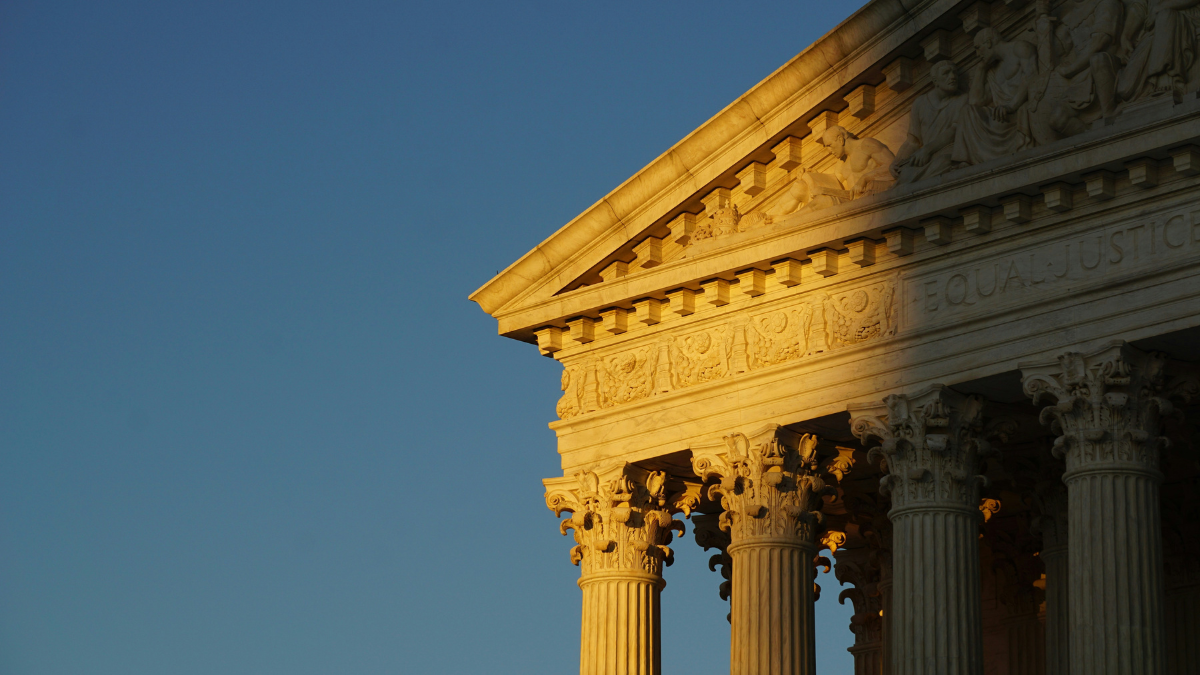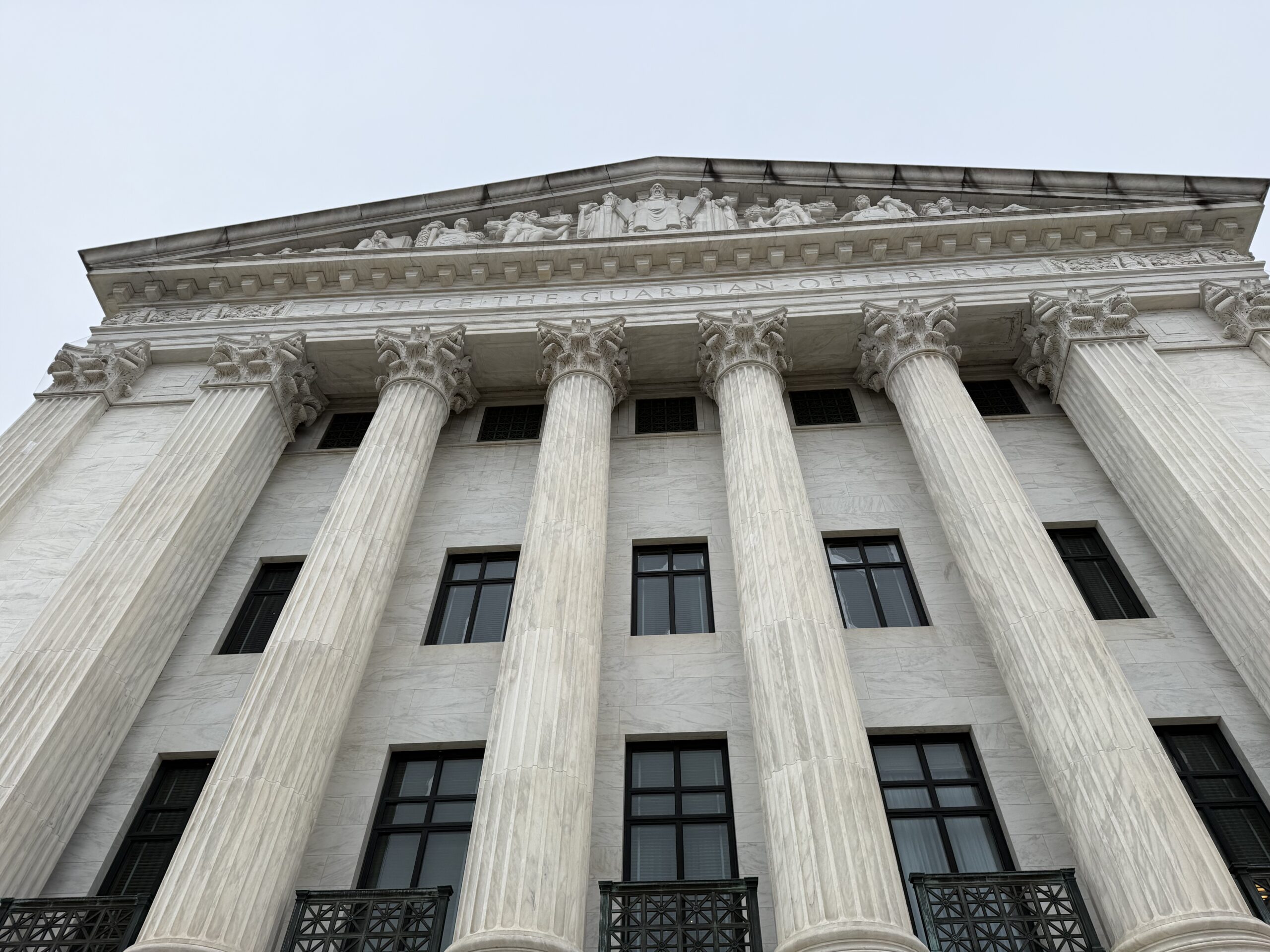Supreme Court sides with Biden administration in social media censorship case – Washington Examiner
The Supreme U.S. Court ruled that Missouri and other plaintiffs do not have the standing to sue the Biden administration over alleged efforts to encourage censorship on social media platforms. The decision was made by a 6-3 majority and delivered by Justice Amy Coney Barrett, stating that those who brought the case lacked the legal right to do so. This decision by the Supreme Court on the Missouri lawsuit against the Biden administration highlights crucial aspects of standing in U.S. constitutional law. Standing is a legal principle that determines whether a party has sufficient connection to and harm from the law or action challenged to support that party’s participation in the case. In this instance, the Supreme Court judged that Missouri and the co-plaintiffs failed to demonstrate they were directly harmed by the actions they claimed the administration took—encouraging censorship on social media—which in turn meant they had no grounds to sue.
The implications of this ruling are significant for several reasons:
1. **Presidential Influence on Social Media:**
The case touches on the pervasive and often controversial topic of the extent to which the government can or should interact with or influence content on social media platforms. The lawsuit implied that the Biden administration had overstepped its bounds, which raised broader questions about free speech and the role of government in regulating or interacting with online platforms.
2. **Legal Precedent:**
The decision sets a precedent for how similar cases might be handled in the future, particularly those involving accusations against government bodies for allegedly encouraging censorship. It underscores the necessity for plaintiffs to prove direct and tangible harm that fulfills the requirements of standing.
3. **Impact on Future Litigations:**
By making it clear that mere allegations without demonstrable direct harm are insufficient for standing, the Supreme Court might be setting up a higher threshold for future legal challenges against governmental interactions with social media. This can limit the number of cases brought to court on similar grounds unless plaintiffs can substantiate how government actions specifically and directly affected them.
4. **Division in the Court:**
The ruling, determined by a 6-3 majority, also illuminates the ideological splits that can influence the interpretation of law in high-profile cases such as this one. The decision rendered by Justice Amy Coney Barrett and the aligned majority may reflect a particular judicial philosophy regarding the role of the courts in arbitrating government interaction with private enterprises and individuals.
5. **Public and Political Reaction:**
Decisions like this often spark significant public and political reactions, with debates possibly intensifying over issues of free speech, government censorship, and the proper extent of governmental oversight over digital platforms. These discussions might influence legislative and executive action concerning regulation and oversight of online platforms.
As legal frameworks continue to evolve in response to the changing dynamics of communication and technology, the principles of standing and the interpretation of harm will play pivotal roles in shaping the boundaries of legal contests in digital age governance and civil liberties.
The Supreme Court on Wednesday found that the state of Missouri did not have standing to challenge the Biden administration’s alleged coercion and efforts to encourage censorship on social media.
The 6-3 majority opinion by Justice Amy Coney Barrett found that the plaintiffs, which included individuals and the state of Missouri, lacked standing to bring the case.
The case first surfaced in 2022 as Missouri v. Biden. It involved the Republican attorneys general of Missouri and Louisiana and five other plaintiffs bringing a lawsuit against the Biden administration over its involvement in social media companies’ censorship practices.
The plaintiffs alleged that the federal government had violated the First Amendment by pressuring social media companies to censor controversial posts, such as those about the COVID-19 lab leak theory or the vaccine, elections, or Hunter Biden’s computer data.
A federal judge in Louisiana ruled against the Biden administration, saying in a lengthy memorandum ruling that the case “depicts an almost dystopian scenario” where the government “seems to have assumed a role similar to an Orwellian ‘Ministry of Truth.’”
CLICK HERE TO READ MORE FROM THE WASHINGTON EXAMINER
The memorandum noted how officials at agencies such as the Centers for Disease Control and Prevention, the Department of Homeland Security, or the FBI would routinely meet with or check in with social media platforms, including Facebook, YouTube, and X, to discuss how they were managing what the government perceived to be misinformation.
The judge issued a preliminary injunction that prohibited some government agencies from communicating with social media companies about content moderation, and the 5th Circuit Court of Appeals partially upheld the ruling.
The Supreme Court then agreed to take up the case last October.
This story is developing.
" Conservative News Daily does not always share or support the views and opinions expressed here; they are just those of the writer."




